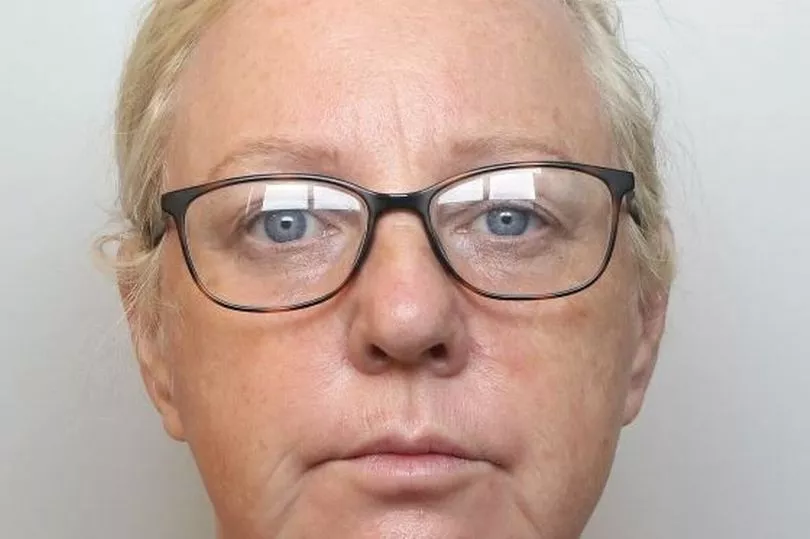“Gambling Addiction: Woman Steals £1.6m from Employer, Loses Home and Possessions in Asset Seizure, and Receives Prison Sentence.”| Lesson To Learn

Karen Brailsford, a 53-year-old woman, had worked for several years at Urban Design and Development Ltd in Derbyshire. During that time, she developed a gambling addiction that spiraled out of control. In an attempt to fund her gambling habit, Brailsford falsified invoices and stole a staggering £1,653,672 from her employer between March 2012 and February 2021.
When the fraudulent activity was discovered, Brailsford initially claimed that it was an error. However, company directors were unsatisfied with her response, which led to Brailsford confessing to stealing from the company “for some time.” She was later charged with abuse of position and pleaded guilty to the charge.
During the investigation, police discovered that Brailsford had spent a significant amount of the stolen money on gambling – a total of £298,867.36. She had also sent some money to her children and bought two holiday caravans. However, at the Proceeds of Crime Act hearing, it was noted that Brailsford had “nothing to show for it.”
The consequences of her actions caught up with her at the hearing, where it was revealed that she had only £130,314.59 left to her name. The cash would come from the sale of her remaining possessions, which included her home, Mercedes car, personalised number plate, and designer goods.
Although cash from criminals’ ill-gotten gains is usually split 50-50 between the police and the government to fund community projects, the judge ordered that the £130,000 be paid as compensation to Brailsford’s former employer.
Brailsford appeared at the hearing via video link from prison, where she was serving her sentence of four years and eight months. The judge told her that unless she had more money in another country, selling her remaining possessions would be the end of the process, and she would have to use the money to pay back what she owed. Brailsford expressed clear remorse for her actions and was noted by her defense counsel to have been suffering from depression.
The case of Karen Brailsford highlights the devastating impact that gambling addiction can have on individuals and those around them. It also underscores the importance of taking responsibility for one’s actions and the consequences that follow.
What Made Her to Do So?
As per the information available, Karen Brailsford developed a gambling addiction that caused her to steal money from her employer in an attempt to fund her habit. Gambling addiction is a serious and often devastating condition that can cause people to make poor decisions and engage in behaviors that are harmful to themselves and others.
The causes of gambling addiction are complex and can include a range of factors such as genetic predisposition, psychological issues, environmental influences, and social pressures. For some people, gambling may start out as a recreational activity but can quickly escalate into a problem that takes over their lives.
It’s important to note that addiction is a disease and not a moral failing. People who struggle with addiction need compassion, understanding, and support in order to overcome their challenges and move towards a healthier and more fulfilling life.
There are several important lessons we can learn from the story of Karen Brailsford’s gambling addiction and subsequent actions:
Addiction can have serious consequences: Karen Brailsford’s story is a reminder that addiction can have significant and far-reaching consequences for individuals and those around them. It’s important to seek help and support if you or someone you know is struggling with addiction.
Honesty is important: When Brailsford’s employer discovered the fraudulent activity, she initially claimed it was an error. However, when pressed, she eventually confessed to the theft. It’s important to be honest and take responsibility for our actions, even when it’s difficult.
Gambling can be a destructive behavior: Brailsford’s addiction to gambling led her to steal money from her employer, sell her possessions, and ultimately end up in prison. This is a reminder that gambling can be a destructive and dangerous behavior that can have significant consequences.
The importance of seeking help: Addiction is a disease and it’s important to seek help and support if you or someone you know is struggling with addiction. There are a range of resources available to help people overcome addiction, including therapy, support groups, and treatment programs. It’s important to reach out and ask for help when it’s needed.




